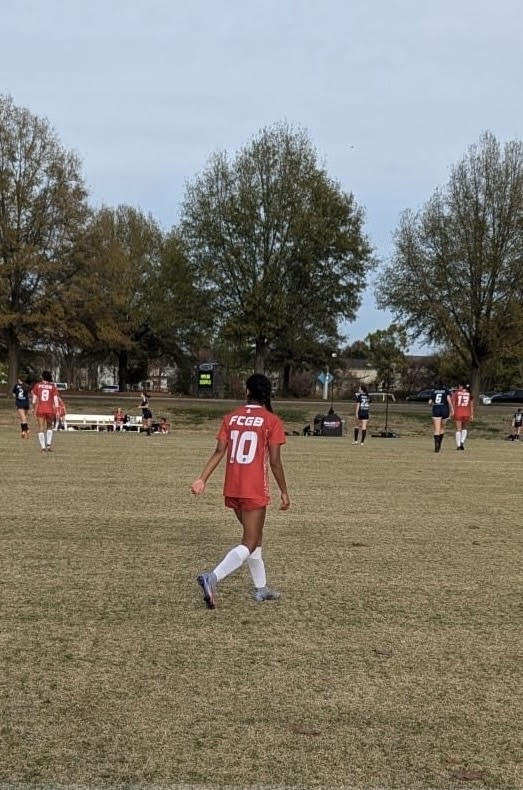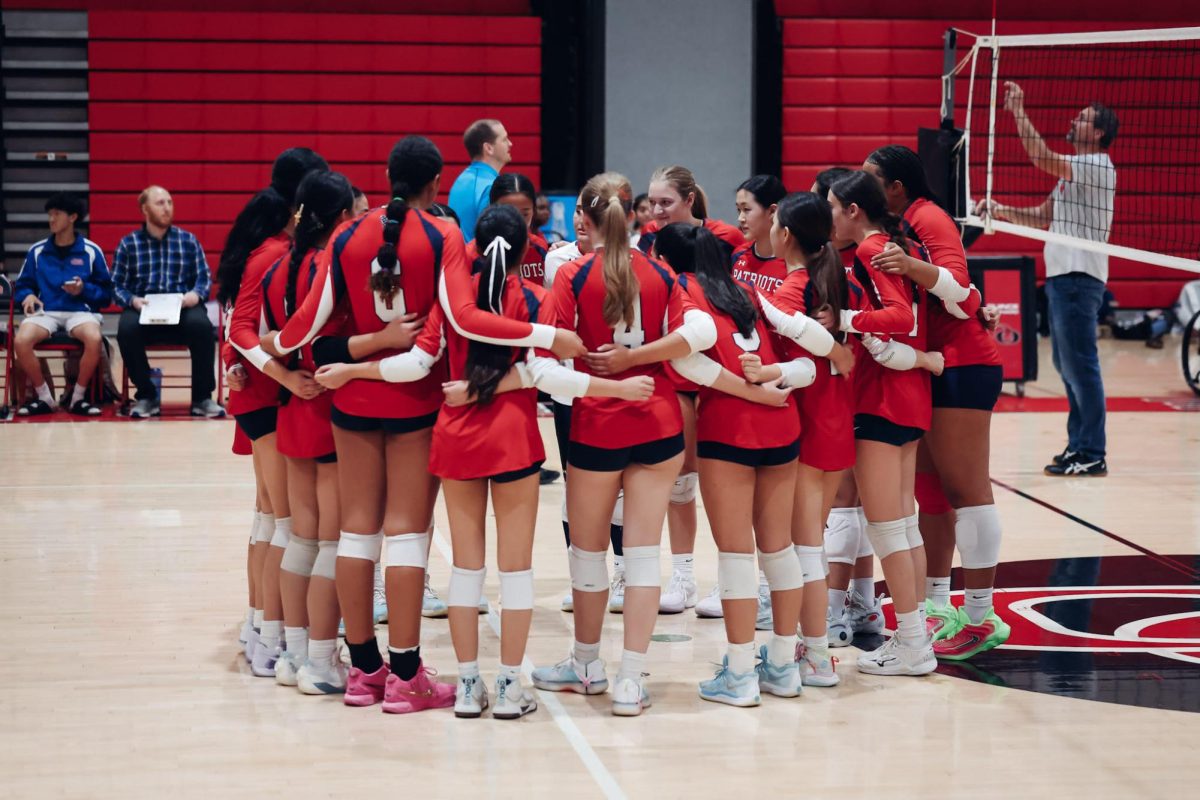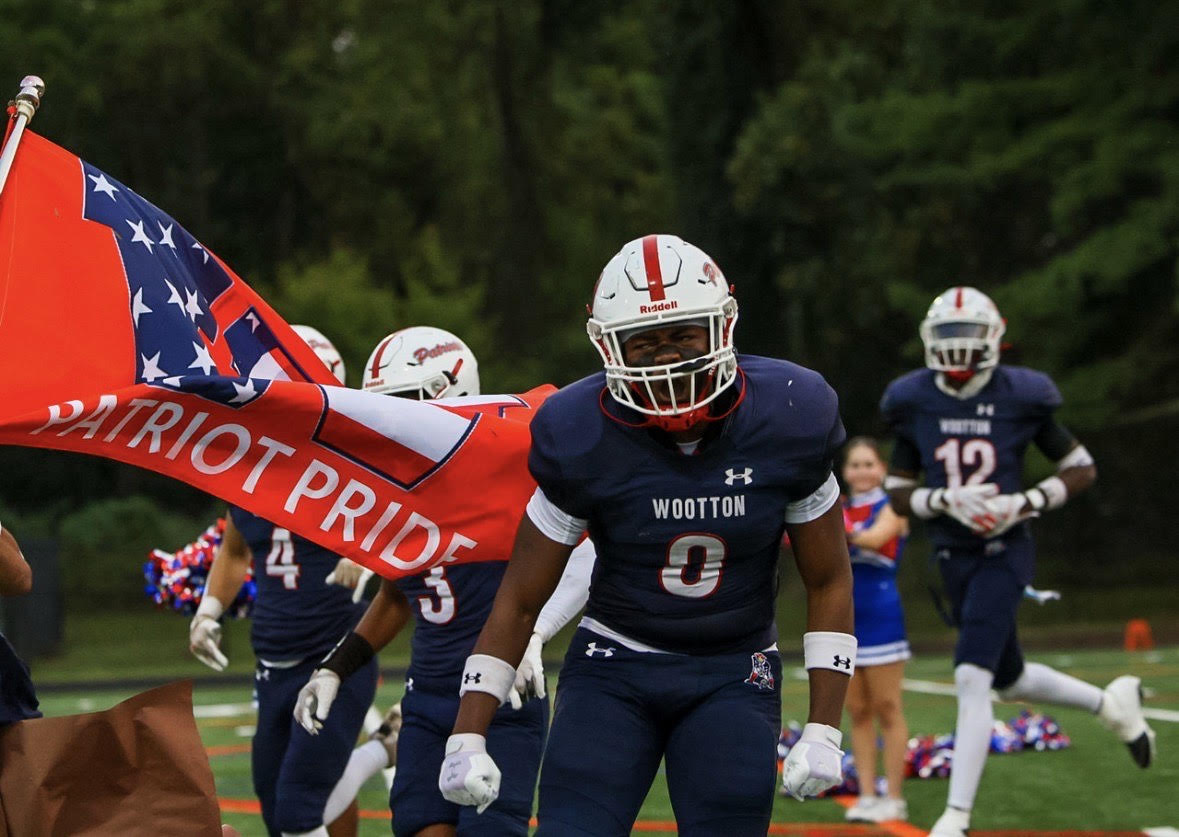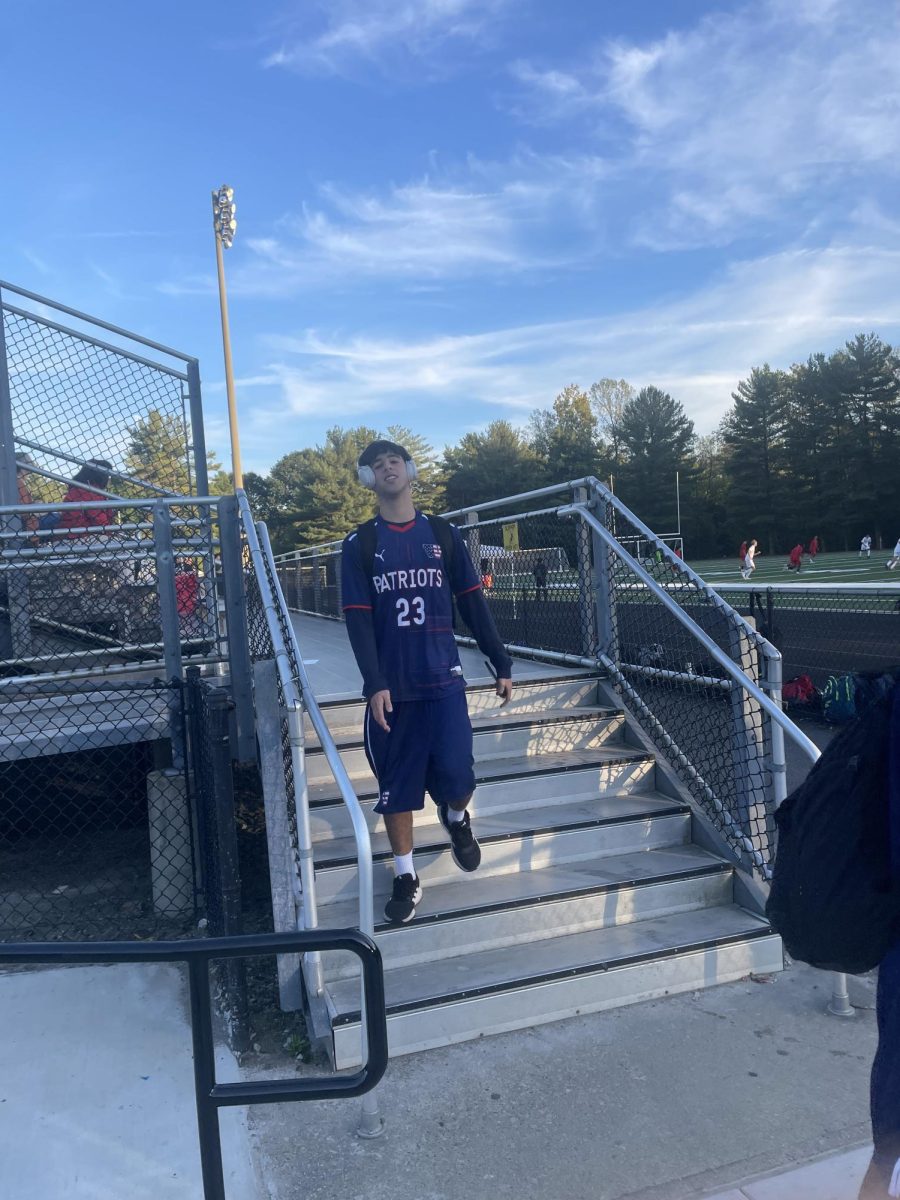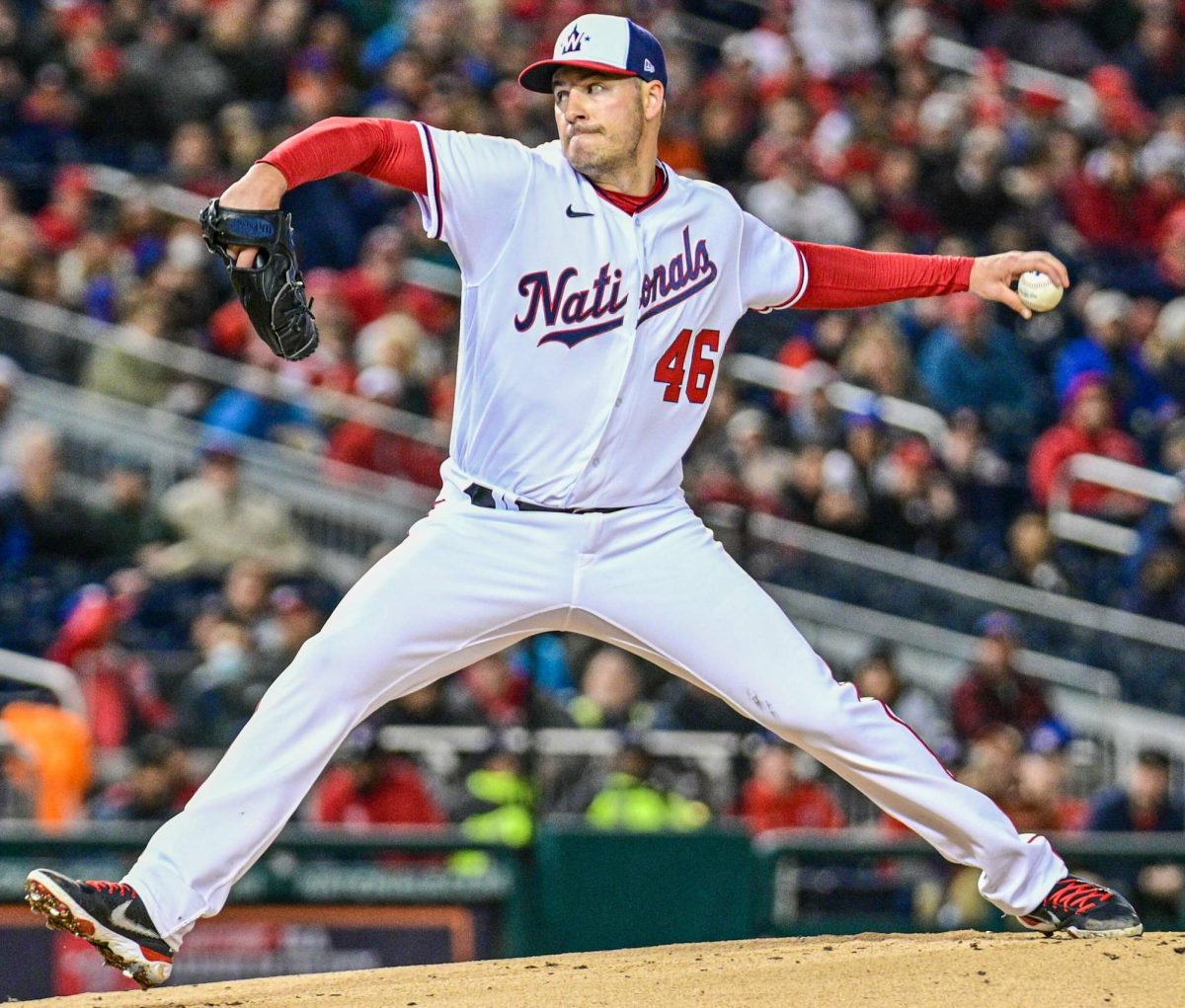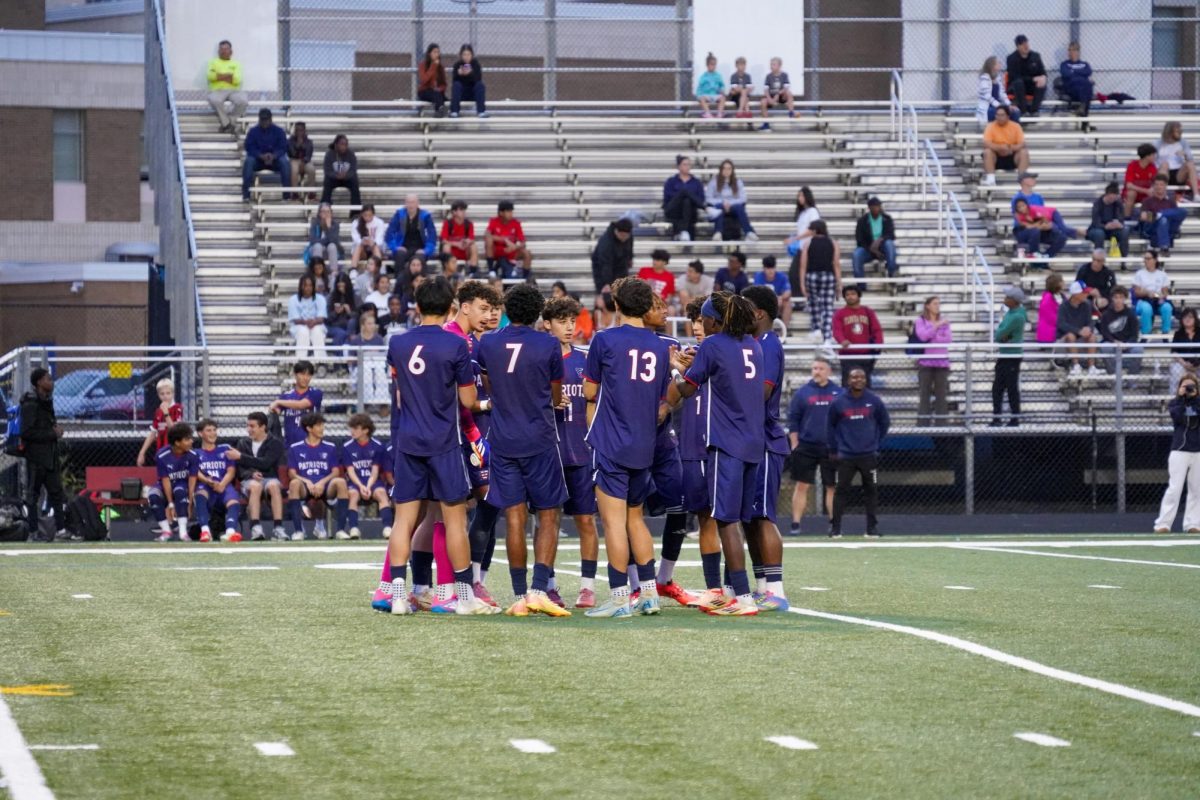While fasting for Ramadan, during a game against the Denver Nuggets on March 17, 2024, 32-year-old Kyrie Irving scored 24 points and hit a left-handed hook shot 21 feet away from the basket with heavy defense towering over him. Irving is well known for being an excellent basketball player, but he made countless headlines after scoring this game-winning shot while fasting.
Famous athletes like Irving get extra media attention when they play their sport during the fasting season, so why can’t our athletes get the same?
March is a tradition-filled month for religions including Catholic Christians, Orthodox Christians, and Muslims. Catholic Christians observe Lent, a 40-day period of fasting and prayer that begins on Ash Wednesday and ends on Easter, where they choose one food or activity to give up. Orthodox Christians’ “Great Lent” is also a period of fasting where they abstain from foods such as meat, dairy and eggs. Ramadan for Muslims is a holy month of prayer that includes fasting from sunrise to sunset each day.
Teenagers – especially student-athletes – who participate in any of these religious celebrations can experience drastic changes to their day-to-day life during the month of March.
Student-athletes spend seven hours at school and an extra two hours after school at practice or at a game every weekday. On a normal day, this can be exhausting, but mixing that schedule with a fast can make it even more difficult. “Playing a sport while fasting is definitely a lot harder since you can’t have any water, so by the end you’re pretty drained. My soccer games and practices are usually in the evening so by then I’m usually super hungry and don’t have much energy,” junior Liana Usman said.
During Ramadan, Muslims do not consume any food or water from sunrise to sunset. Teenage athletes are supposed to drink 11 to 16 ounces of water a day for every 20 minutes of sports played, according to Johns Hopkins Medicine. Athletes who observe Ramadan are at a greater risk of experiencing dehydration, which can negatively affect flexibility, speed, muscle function, breathing and mood. “Playing a sport while fasting makes it a lot harder since I find my energy levels are lower. And of course I can’t drink any water after exerting myself, which makes me push myself harder,” senior Nibras Hassan said.
Coaches must be mindful and understanding of their athletes who are participating in a fast like Ramadan; being patient and having discussions with them is helpful. “We discussed, it being that late in the evening, that they might be a little bit low on energy. So [I tried to be] understanding of that and what their body is going through,” baseball coach Jon David Marchand said.
Usman plays soccer and Hassan plays lacrosse while observing Ramadan, both of which are intense, difficult, outdoor sports that require large amounts of energy and strength. These students are two examples of the hard work and dedication that student-athletes put into playing a sport while honoring their religion. “One of the biggest points of Ramadan is to take time to reflect and be grateful for all the things you do have. I think playing sports and fasting really helps me learn and appreciate all the things in my life. As hard as it is, after you break your fast you feel so accomplished so it’s super worth it in my opinion,” Usman said.


